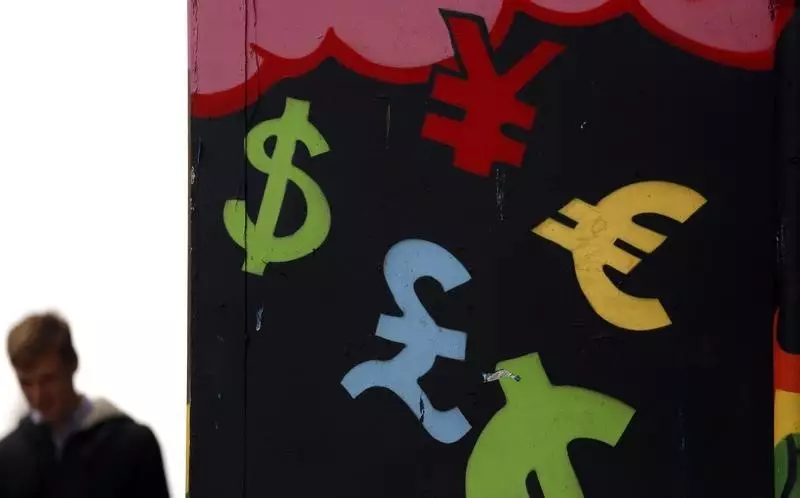In a significant move that underscores the international legal ramifications of cryptocurrency fraud, Montenegro has extradited Do Kwon, co-founder of Terraform Labs, to the United States. This event marks a pivotal moment in a case that has not only captivated the attention of the cryptocurrency community but also raised concerns about regulatory oversight in digital markets. Kwon is facing a myriad of serious allegations, including the deception of investors regarding the supposed stability of TerraUSD, a cryptocurrency that was purportedly designed to maintain a constant value. The collapse of this stablecoin in May 2022 sent shockwaves through the crypto landscape, contributing to losses amounting to around $40 billion.
Kwon’s legal troubles extend beyond the U.S. charges; he is also wanted in South Korea, hinting at a broader pattern of scrutiny that encompasses global financial operations in the crypto realm. The crux of the U.S. case revolves around the assertion that Kwon misled investors about the reliability of Terraform Labs’ stablecoin, which aims to mirror the value of the U.S. dollar. The phrase “stablecoin” suggests minimal volatility, which was fundamentally undermined when TerraUSD collapsed, leading to extensive financial ramifications for investors worldwide. Kwon has consistently denied any wrongdoing, asserting that he acted in good faith regarding his company’s operations.
Montenegro’s Justice Minister, Bojan Bozovic, played a key role in Kwon’s extradition process. Following a ruling from the Montenegrin Supreme Court confirming that all legal protocols were met for extradition, the Justice Ministry concluded that the U.S. request was valid and justified. Despite this, Kwon’s legal team has not remained idle; they have appealed the extradition decision at the Constitutional Court, suggesting that the legal proceedings may become a drawn-out affair. The defense is likely to focus on procedural high grounds, questioning the legitimacy of the extradition defenses under both Montenegrin and international law.
The ramifications of Kwon’s extradition are likely to extend far beyond his individual case. It signifies an aggressive stance by U.S. authorities against what they describe as fraudulent activities in the crypto sphere, which has often operated in a legal gray area. The incident raises essential questions regarding investor protection and regulatory frameworks surrounding emerging digital assets. The U.S. Securities and Exchange Commission’s lawsuit against Kwon and Terraform Labs further highlights the increasing need for stringent regulatory measures to safeguard investors and maintain market integrity.
The extradition of Do Kwon stands as a cautionary tale in the rapidly evolving world of cryptocurrency. As governments grapple with how to regulate this burgeoning sector, Kwon’s situation could serve as a catalyst for change, pushing for clearer laws and guidelines that prioritize transparency and accountability. As this case unfolds in the U.S. legal system, it is likely to draw significant attention, not only from crypto enthusiasts but also from policymakers, who will be keen to understand its broader implications within the digital finance landscape.

